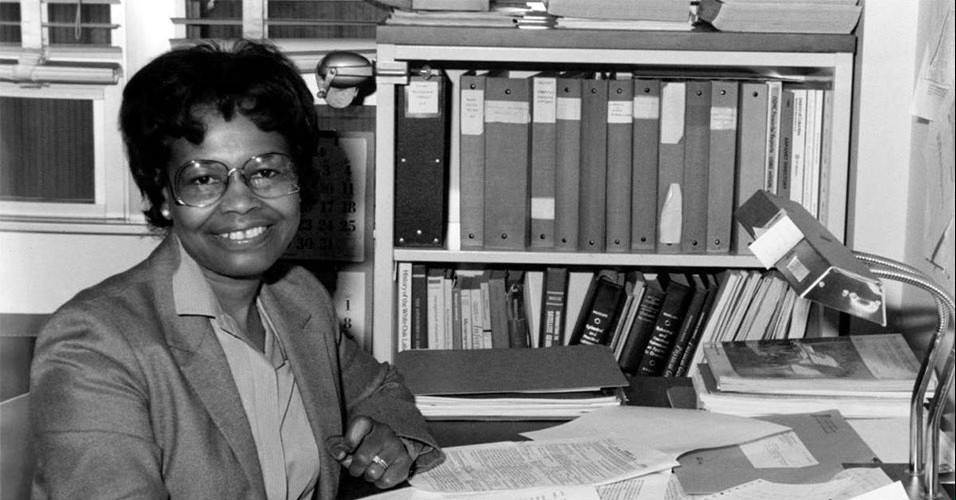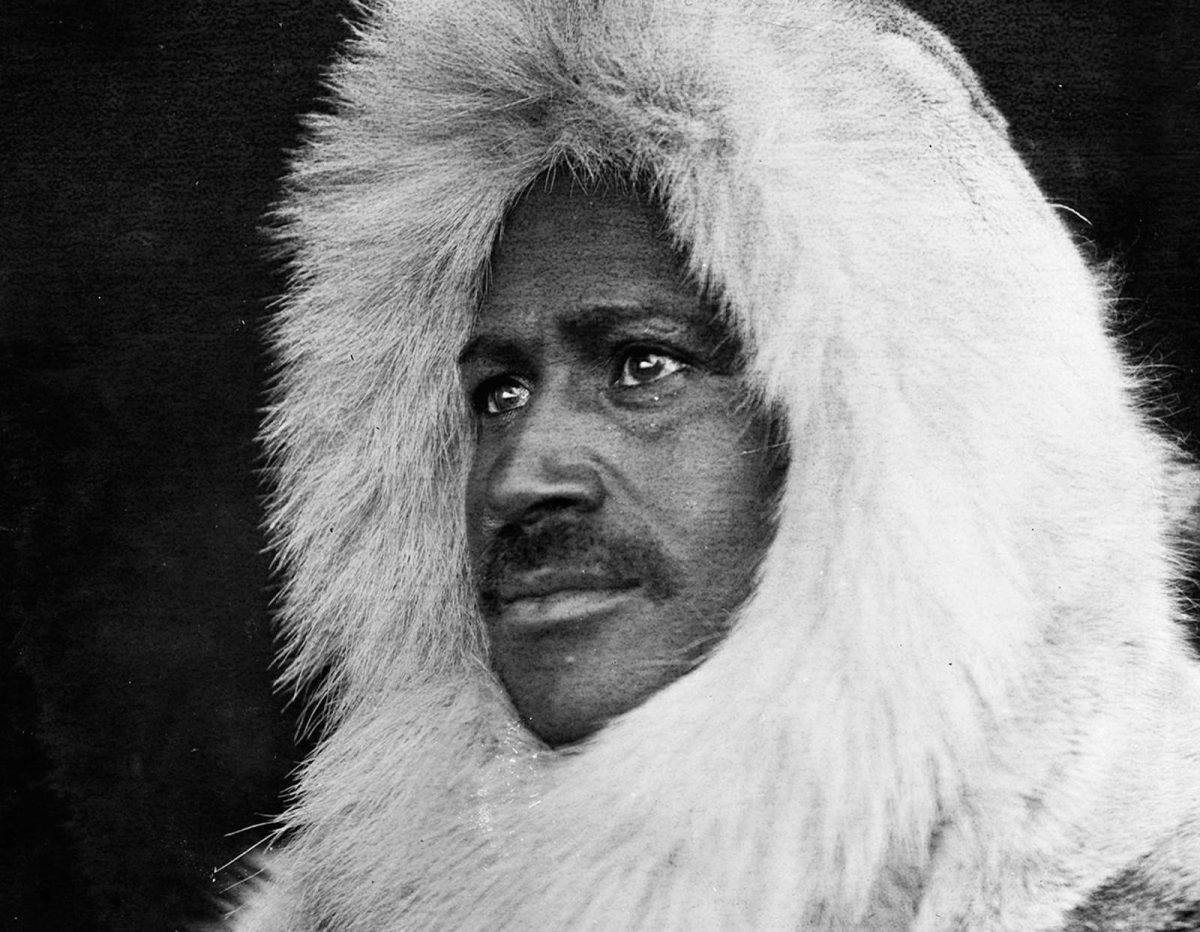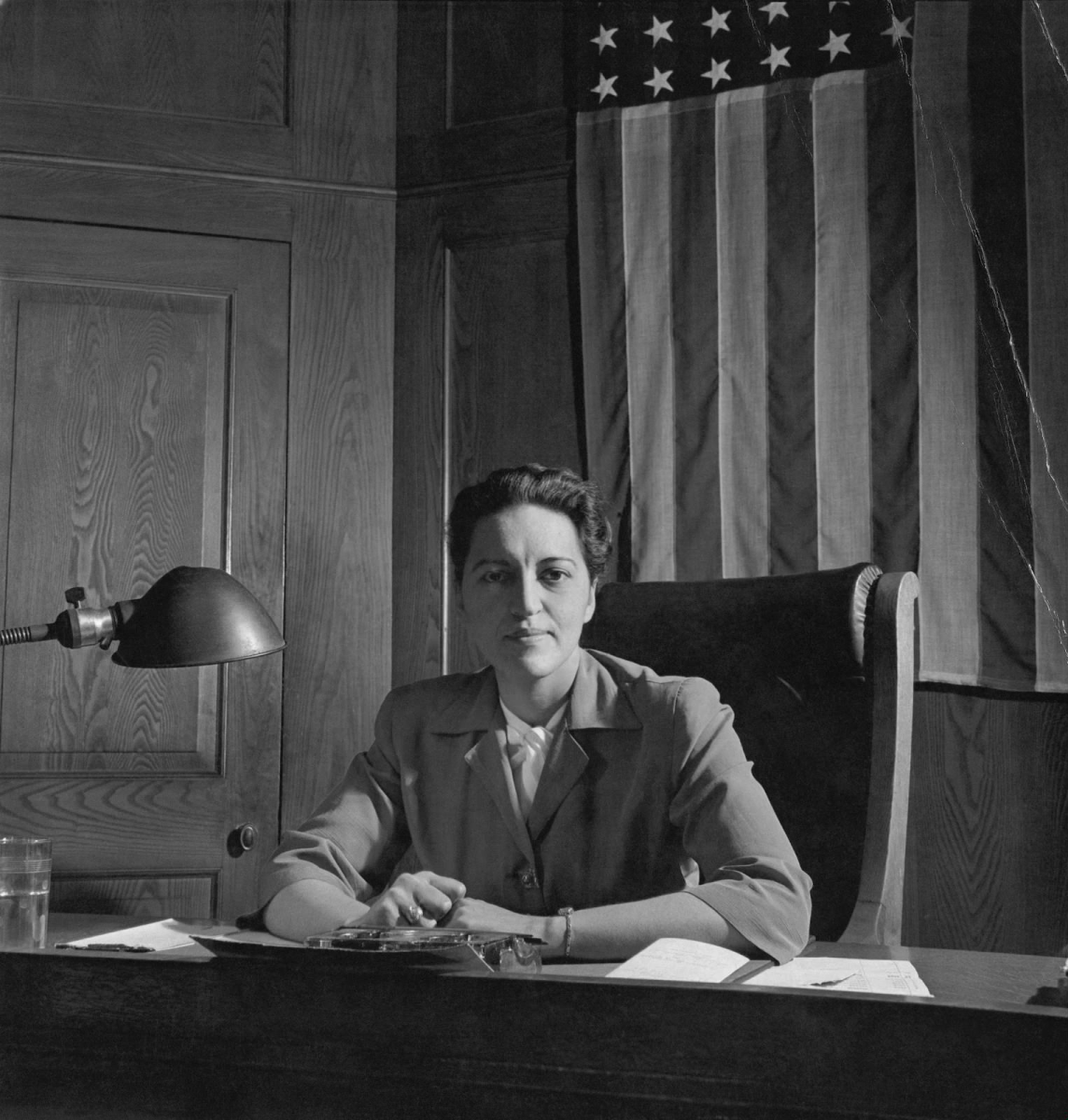Gladys West has left a lasting mark on the world by contributing to one of the most widely used and transformative technologies of modern times: the Global Positioning System (GPS). Despite growing up in a segregated America and facing significant challenges as a Black woman in STEM, West’s perseverance, intelligence, and determination helped her break barriers and achieve groundbreaking success.
Gladys West was born in 1930 in Sutherland, Virginia, to a family of farmers. Her childhood was shaped by the realities of racism and limited opportunities for African Americans in the rural South, yet West stood out academically. After high school, she majored in mathematics, a field she found challenging and rewarding, at Virginia State College on a full ride. Her excellence in mathematics paved the way for her future career.
In 1956, West began working at the Naval Surface Warfare Center in Dahlgren, Virginia, as a mathematician and programmer. She was the second black woman ever hired and only one of four black employees. Her work focused on analyzing satellite data and developing complex algorithms to account for variations in gravitational and tide forces.West’s efforts were crucial to each piece of the GPS, from calculating the shape and size of the Earth to determining precise positioning on the surface. She became project manager for the Seasat radar altimetry project, the first satellite that could remotely sense oceans. It required her to program early computers and work long hours to refine the perfect models.
GPS technology has since become an integral part of daily life. Many students, pilots, first responders and scientists use navigation today. GPS is programmed in numerous systems such as mobile phones, military applications, agriculture, and space exploration. West’s contributions laid the mathematical and scientific foundation for this technology, Her success demonstrated the importance of diversity in science, technology, engineering, and mathematics (STEM) and served as a powerful example of the value of perseverance. Participating in an award-winning study that proved the regularity of Pluto’s motion relative to Neptune. West encountered racism with the lack of recognition she received while working her white coworks got praise and privilege. Nevertheless she strived for greatness and stood out.
In 2018, she was inducted into the Air Force Space and Missile Pioneers Hall of Fame, receiving long-overdue recognition for her work. That same year, the BBC celebrated her as a trailblazer in STEM in their 100 Women of the Year list. Today, Gladys West’s legacy is felt across the globe. GPS has become indispensable to countless industries and individuals, revolutionizing how we move, communicate, and interact with the planet. Her achievements remind us of the incredible impact one person can have, even in the face of adversity. She is a symbol of innovation, resilience, and the power of science to transcend boundaries and improve lives.







